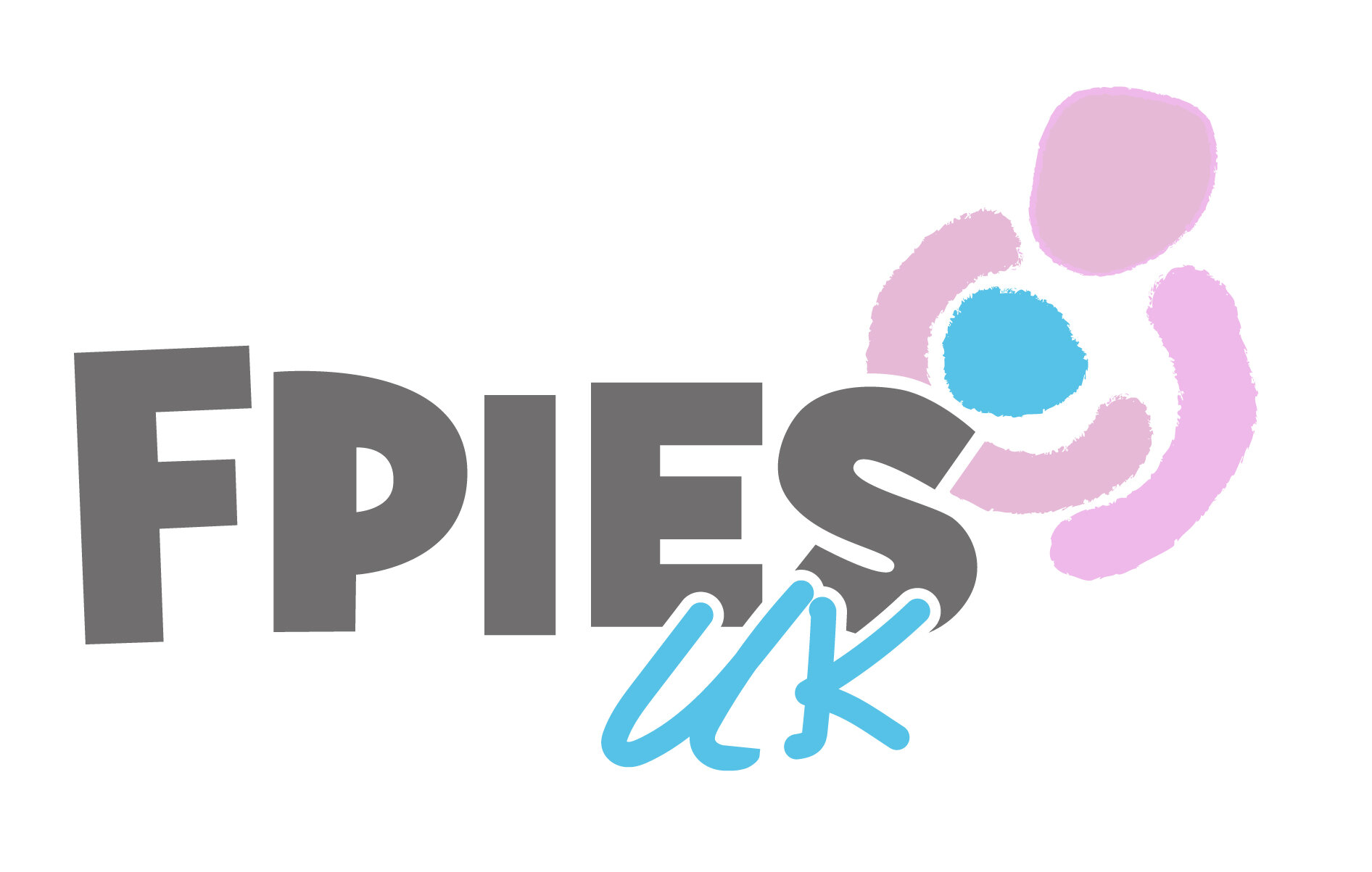Emergency
PLAN.
If you have children you'll know it's important to be prepared in an emergency. This is especially true for parents and carers of children with FPIES, as reactions can come on without warning and can be severe.
We recommend you have a few key items ready in the event that the unexpected should occur.
1) An emergency bag (see below)
2) An emergency letter to give to ambulance/ A&E staff (this should be provided by your child's consultant) For those yet to receive one an example can be found here A&E Letter.
3) An alert Bracelet for your child (and/or for your pram/carseat)
4) A list of safe/ unsafe foods with a picture of your child. Ideally one copy should be kept somewhere visible at home and one copy in the car or changing bag.
5) Contact numbers for family members, taxi companies, your GP surgery, walk in center, out of hours GP and local children's ward (if you have open access), are best kept somewhere handy. It is useful to write them down in the event that your phone battery runs out.
It is highly likely that you will never need to use these items, however having them in place will reduce anxiety and make things easier should the worst happen.
Hospital bag essentials
Life with a child with FPIES can be chaotic and stressful. We would recommend that you have an emergency bag prepared and ready (similar to your bag you had ready for labour) especially when trialing new foods.
Some families keep the bag at home with them, some families have two bags… one for home and one for in the car. Whichever you decide is best for you, If it is ready, you can always ask a family member to bring it to the hospital should you need it.
We decided to ask members of our support group to put together a list of things that many parents say they wish they had packed into an emergency hospital bag (in case of a reaction)
Change of clothes for child (at least 2) – remember that your child’s observations will be done at regular intervals and your child may need a cannula, so pack short sleeved tops and footless Pj's or babygrows for easy access to feet and hands.
Your child’s safe milk – don’t assume that they have specialised milks in hospital.
Nappies
Wipes
Muslin cloths or small towels
A comfort blanket from home
Change of clothes for parent.
Basic toiletries for yourself – tooth brush, shower gel, hair brush, deodorant etc
Paracetamol (for you) – after a stressful period, you can end up very drained, many parents say they end up with a tension headache.
Any medication that your child is currently on – don’t assume that the hospital will have ‘special’ medications, eg lactose, corn, sorbitol free
Change for car park
Mobile phone and charger – although many hospitals have a bed side phone.
Snacks for yourself and your child (some families have found that the hospitals cannot cater for a child with multiple allergies.)
Your child’s hospital notes and passport letter if you have one.
FPIES information pack, for Doctors unaware of FPIES.
Your own steriliser, bottles and cutlery for you child (particularly if they are trace sensitive.)
iPad/ portable dvd player
Emergency Bag List
Hospital Bag essentials.docx
Microsoft Word document [14.3 KB]
